News and features
Read the latest news and features about our world-leading research, discoveries, fundraising and philanthropy. If you want to keep updated on our news, you can follow us on social media or sign up for our Search newsletter.
If you’re a journalist and want to find out more, you can contact our media relations team.

Higher doses of radiotherapy cut treatment time by up to 75 per cent in localised prostate cancer patients, while maintaining high cure rates
People with low to medium-risk, localised prostate cancer can be treated as effectively using fewer and higher doses of radiation therapy delivered over five treatment sessions as they can with lower doses delivered over several weeks, according to researchers from The Royal Marsden NHS Foundation Trust and The Institute of Cancer Research, London.

ICR and Merck renew strategic alliance in discovery and development of innovative new small-molecule cancer drugs
The Institute of Cancer Research, London, and science and technology company Merck have renewed their strategic alliance in the discovery and development of new cancer drugs.
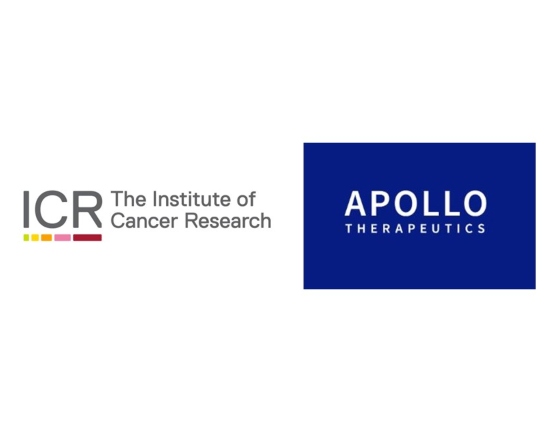
ICR strategic commercial partner raises $226.5m in financing
Apollo Therapeutics, a strategic partner of The Institute of Cancer Research, has raised more than $226m from investors to fund its ongoing collaboration with the ICR and other academic partners.
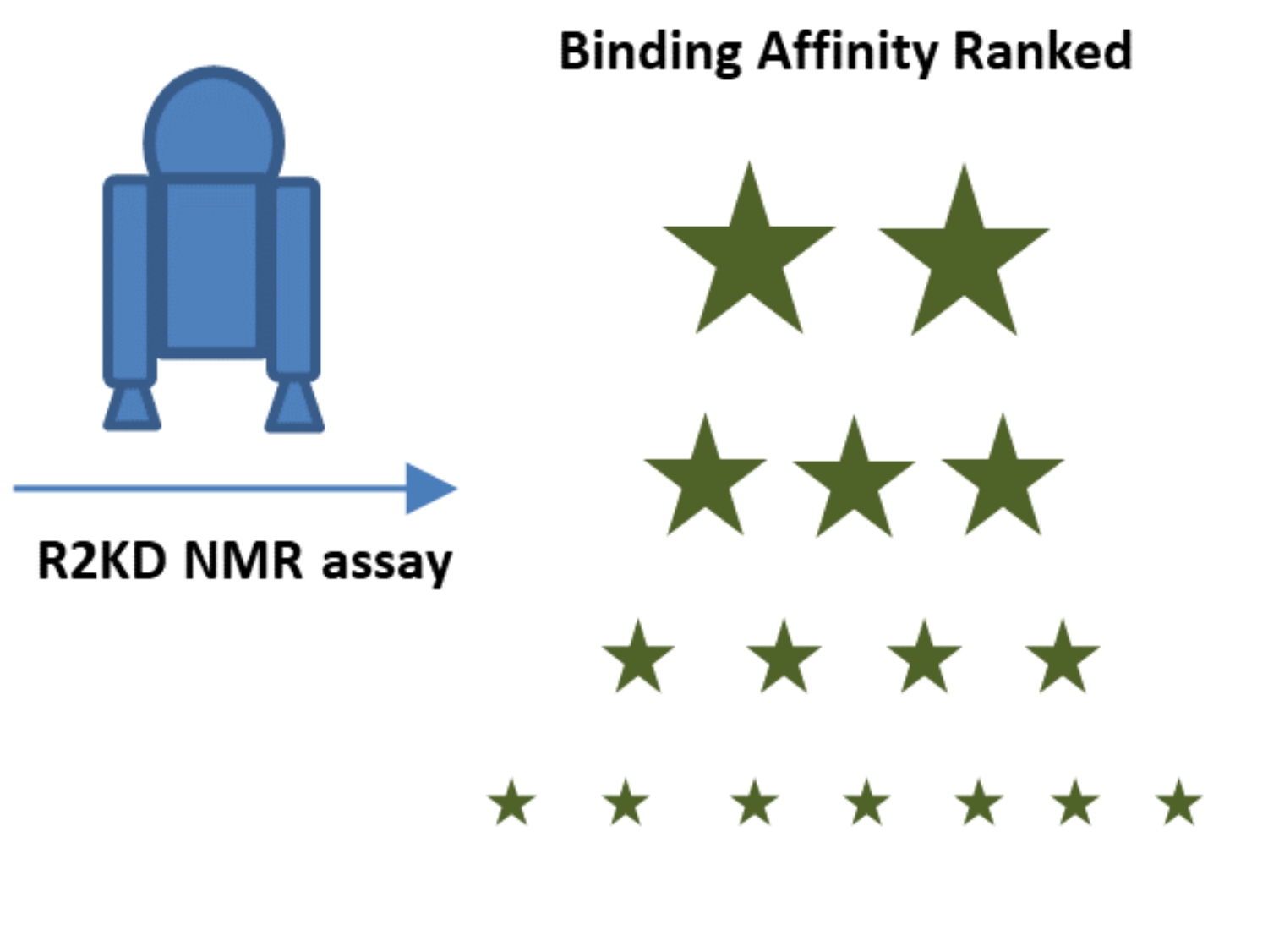
New test helps drug discoverers identify future cancer treatments
Researchers have developed an investigative procedure that makes the early stages of drug discovery more efficient.

‘Search and destroy’ treatment improves quality of life for patients with advanced prostate cancer
A new radioactive medicine that seeks out tumour cells to deliver a targeted dose of radiation greatly improves quality of life for patients with advanced prostate cancer, a phase III study finds.

Scan could guide use of drugs targeting tumours’ ‘scaffold’ to improve breast cancer treatment
Researchers have found a way to use a simple, non-invasive scan to tell whether an experimental approach to enhance treatment for breast cancer is effective.
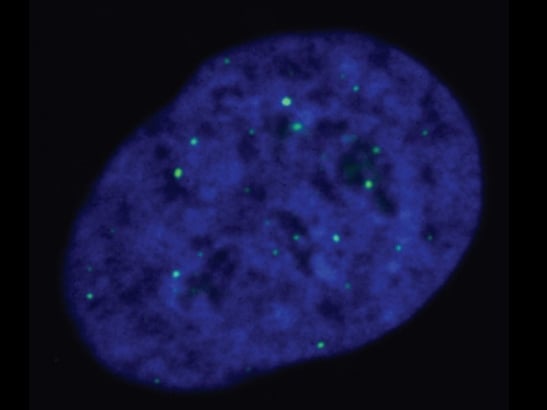
Researchers gain fascinating new insights into chromosome shortening – and identify new potential cancer drug targets
A new study has provided insights into an important biological mechanism that supports survival of aggressive, hard-to-treat cancers – and in the process, uncovered fascinating new information about how cells divide and grow.
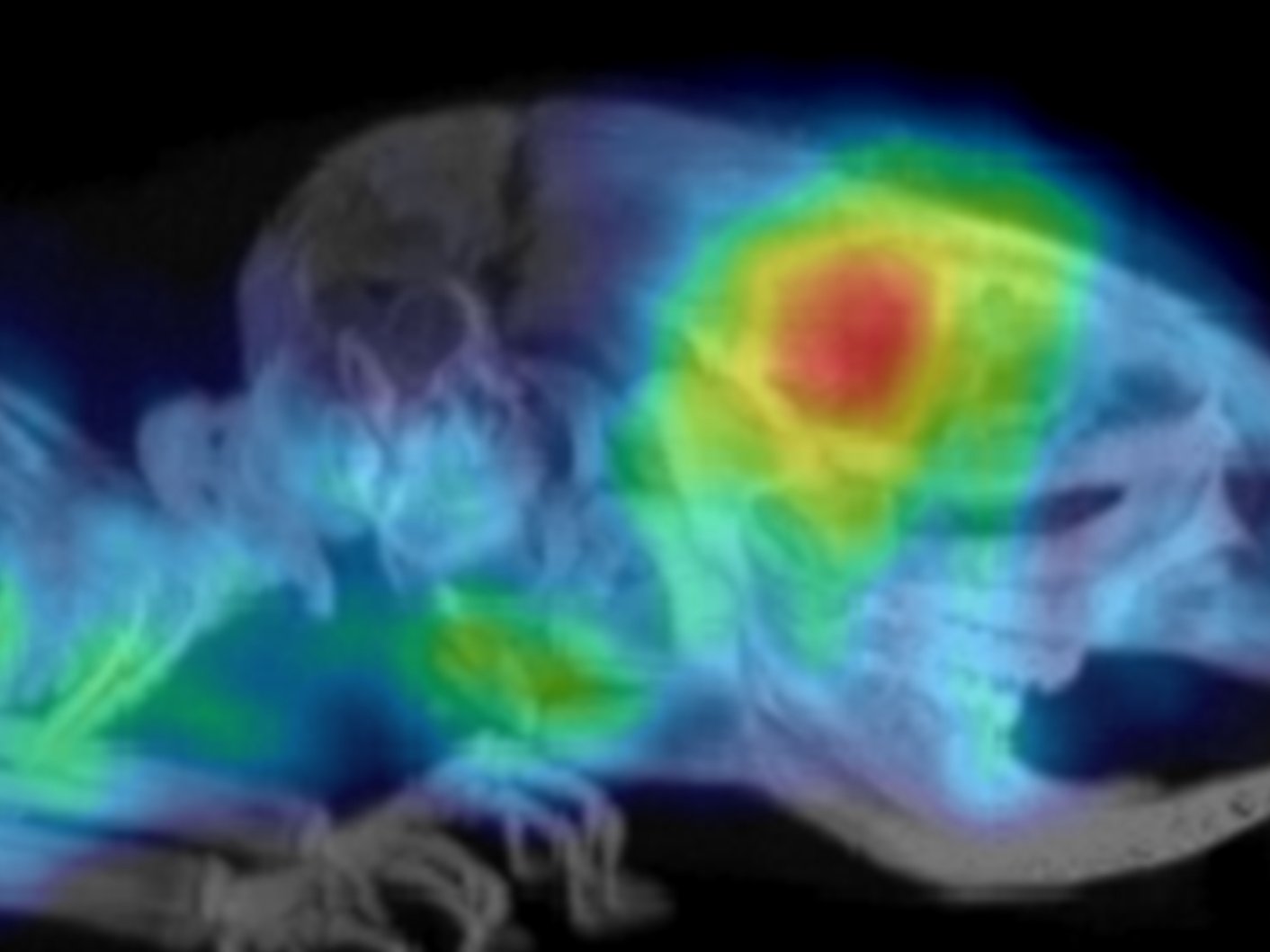
New approach to screening has potential to extend survival in glioblastoma brain cancer
A new form of screening may improve survival rates among people with a fast-growing type of brain tumour by helping identify those most likely to benefit from certain treatments.
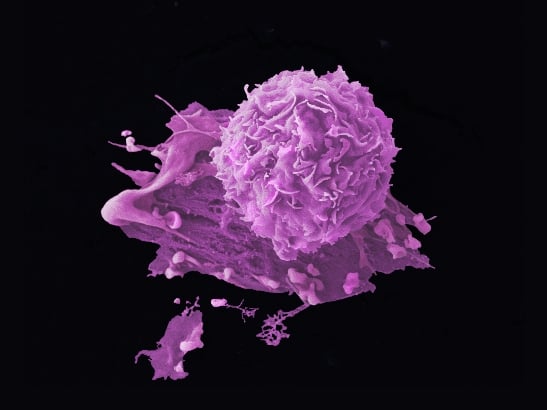
Profiling gene messages could guide chemotherapy for triple negative breast cancer
A new study sheds light on the genetic messages encoded by genes within ‘triple negative’ breast cancers – and poses important questions on how they could be better treated in future.
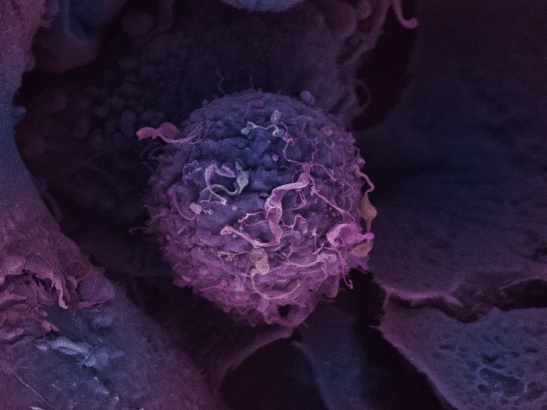
Existing cancer drugs have potential to benefit thousands more patients
Existing targeted cancer drugs could help even more patients, including some with the most common type of breast cancer, scientists have discovered.
-by-yale-rosen-547x410.jpg?sfvrsn=1e0887c9_2)
Scientists uncover the ‘Rosetta stone’ of sarcoma research to personalise treatment
Scientists have unveiled the first and largest encyclopaedia of protein alterations in soft tissue sarcomas – opening the door to a new era of understanding and treatment for this group of rare cancers.

Sporting champions spearhead race to finish cancer
Olympic gold medallist Greg Rutherford MBE and Paralympic gold medallist Erin Kennedy MBE launch an inspirational run for the ICR across 100 miles of British coastline – which will see ‘FINISH CANCER’ imprinted 167,000 times in the sand.
